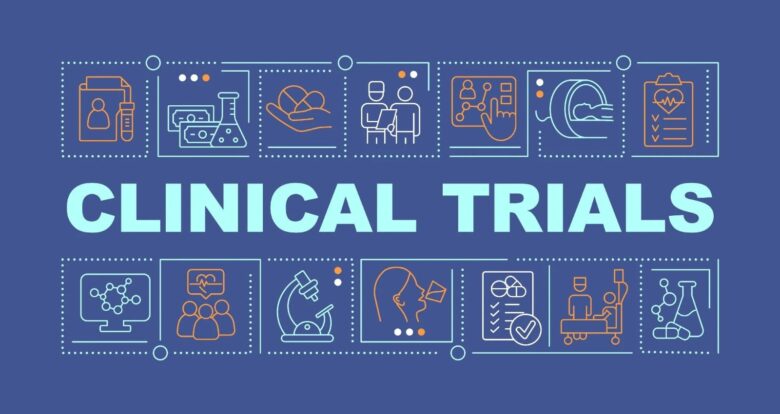
Chronic pain is a complex and debilitating condition that affects millions of people worldwide. Unlike acute pain, which typically arises from an injury or illness and resolves as the body heals, chronic pain persists for weeks, months, or even years. It can significantly impact daily life, causing physical limitations, emotional distress, and affecting overall quality of life. Understanding the nature of chronic pain and implementing effective management strategies are crucial steps towards improving well-being and finding relief.
Chronic pain can originate from various sources, including:
Medical Conditions: Conditions such as arthritis, fibromyalgia, back pain, migraines, and neuropathy are common causes of chronic pain. These conditions involve ongoing inflammation, nerve damage, or structural issues that contribute to persistent pain.
Injuries: Previous injuries, surgeries, or trauma can lead to chronic pain, even after the initial healing period. Scar tissue, nerve damage, or changes in the musculoskeletal system may continue to cause pain long after the injury has healed.
Understanding Chronic Pain
Chronic pain is a complex interplay of physical, emotional, and psychological factors. It often involves altered pain processing in the nervous system, where nerves continue to send pain signals to the brain even in the absence of ongoing injury. This phenomenon, known as central sensitization, can amplify pain perception and make it more challenging to manage.
Types of Chronic Pain
Nociceptive Pain: This type of pain arises from damage to tissues, such as muscles, joints, or bones. It is typically localized and described as aching, throbbing, or sharp. Conditions like arthritis and back pain often involve nociceptive pain.
Neuropathic Pain: Neuropathic pain results from nerve damage or dysfunction. It can cause burning, shooting, or electric shock-like sensations. Conditions like diabetic neuropathy or sciatica are examples of neuropathic pain.
Managing Chronic Pain
Effective management of chronic pain requires a comprehensive approach that addresses both the physical symptoms and the emotional impact of pain. While complete elimination of pain may not always be possible, reducing pain intensity and improving quality of life are achievable goals through various strategies:
Medications: Pain medications, such as nonsteroidal anti-inflammatory drugs (NSAIDs), acetaminophen, opioids (in severe cases), and antidepressants or anticonvulsants (for neuropathic pain), may be prescribed to manage chronic pain. It’s essential to work closely with a healthcare provider to find the most effective and safe medication regimen.
Physical Therapy: Physical therapy focuses on improving mobility, strength, and flexibility through targeted exercises and techniques. Therapists can also teach strategies for managing pain and preventing further disability.
Mind-Body Techniques: Practices such as yoga, tai chi, meditation, and deep breathing exercises can help reduce stress, improve relaxation, and alleviate chronic pain. These techniques promote a mind-body connection that enhances overall well-being.
Cognitive Behavioral Therapy (CBT): CBT helps individuals identify and change negative thought patterns and behaviors that contribute to pain perception. It teaches coping skills, stress management techniques, and promotes a more positive outlook.
Interventional Procedures: In some cases, interventional procedures like nerve blocks, epidural injections, or radiofrequency ablation may be recommended to target specific sources of pain and provide temporary or long-term relief.
Lifestyle Modifications: Adopting healthy habits, such as regular exercise, maintaining a balanced diet, practicing good sleep hygiene, and avoiding smoking and excessive alcohol consumption, can support overall health and reduce chronic pain.
Coping with Chronic Pain
Living with chronic pain can be challenging, both physically and emotionally. It’s important to develop coping strategies and seek support to manage the impact of pain on daily life:
Pacing Activities: Break tasks into smaller, manageable steps and alternate periods of activity with rest to avoid overexertion and exacerbating pain.
Support Networks: Connect with friends, family, or support groups to share experiences, receive encouragement, and gain insights into managing chronic pain.
Stress Management: Practice relaxation techniques, such as progressive muscle relaxation or guided imagery, to reduce stress and tension that can worsen pain perception.
Focus on Positive Activities: Engage in hobbies, interests, or activities that bring joy and distract from pain. Maintaining a sense of purpose and fulfillment is crucial for mental well-being.
Seeking Professional Help
If chronic pain significantly impacts your quality of life or does not respond to initial treatments, it’s essential to seek help from healthcare professionals specializing in pain management. A multidisciplinary approach that may include pain specialists, physical therapists, psychologists, and other healthcare providers can provide personalized care and comprehensive support.
Conclusion
Chronic pain is a complex condition that requires a holistic approach to management. By understanding its causes and effects, individuals can take proactive steps to alleviate pain, improve physical function, and enhance overall well-being. Effective management strategies, including medication, physical therapy, mind-body techniques, and lifestyle modifications, can empower individuals to regain control over their lives and minimize the impact of chronic pain. With patience, perseverance, and support from healthcare professionals and loved ones, it is possible to achieve a better quality of life despite living with chronic pain.


